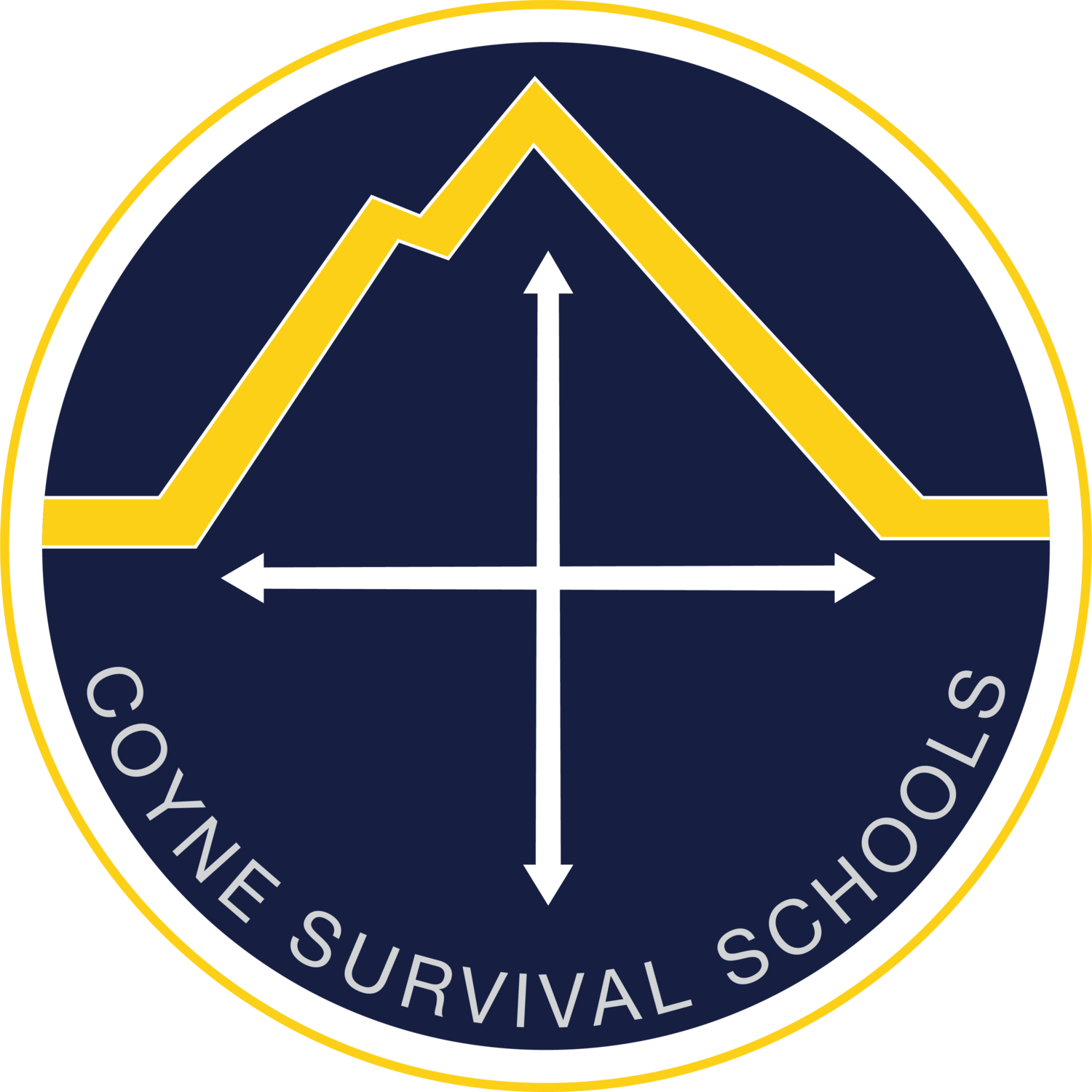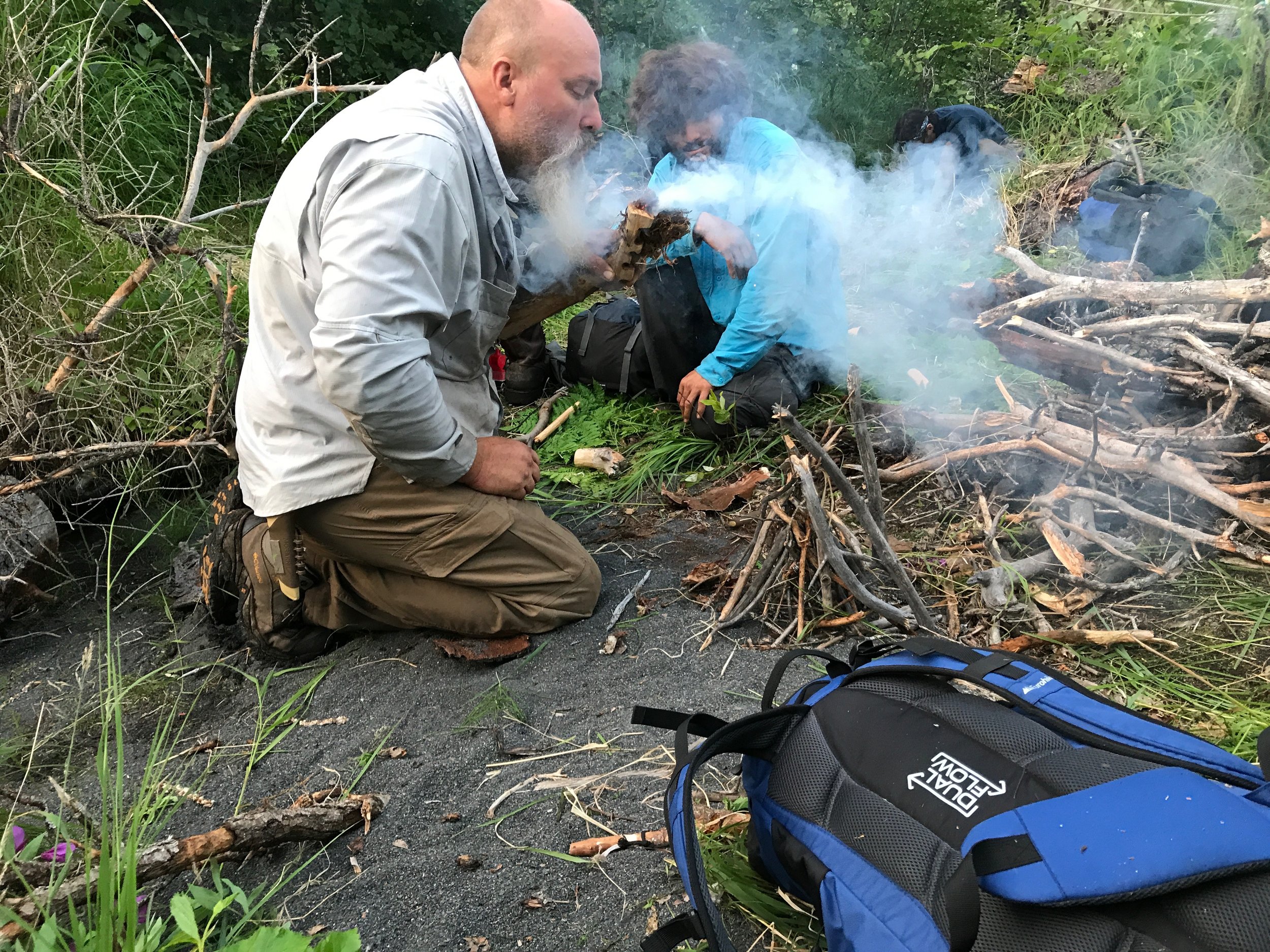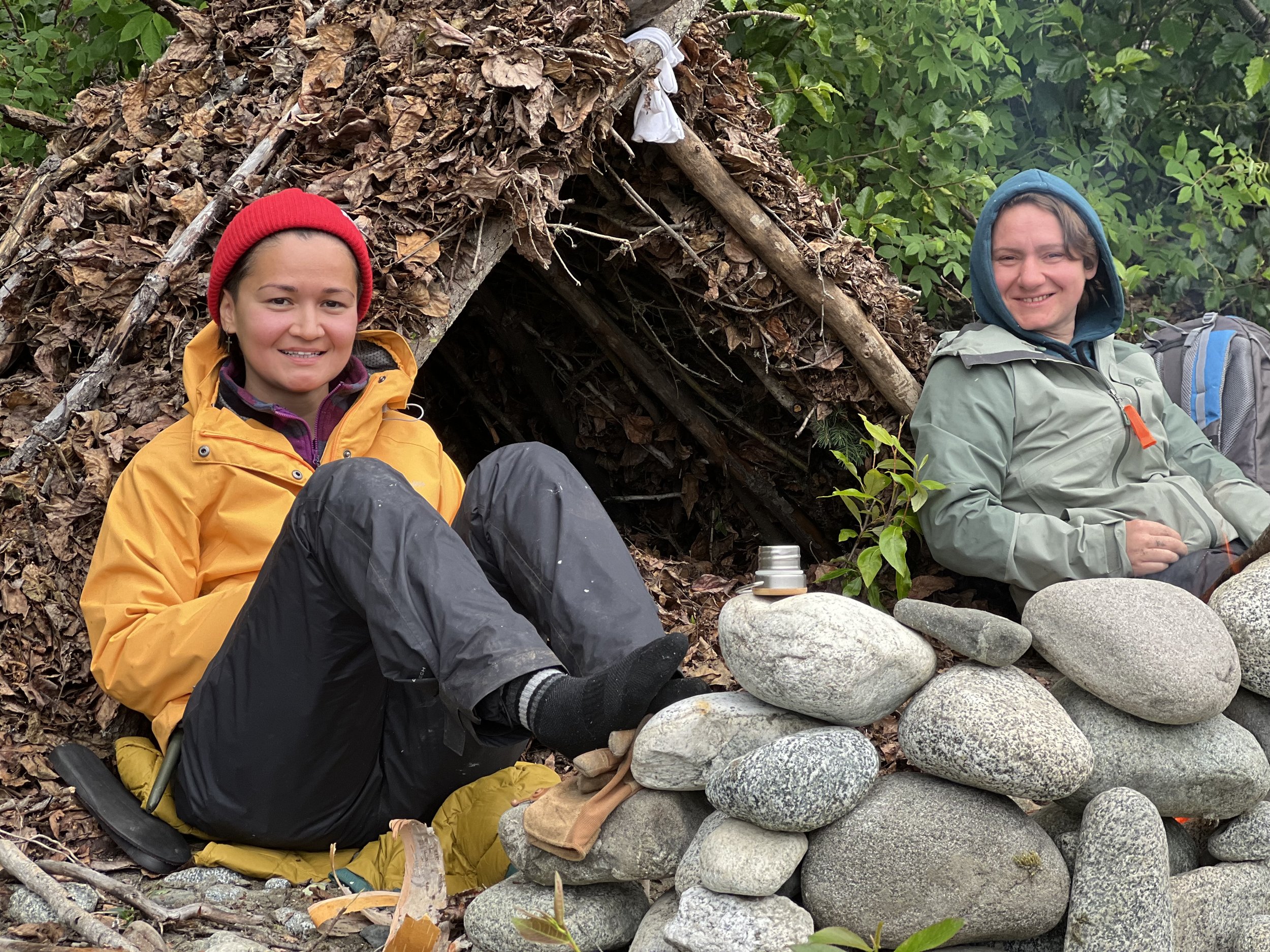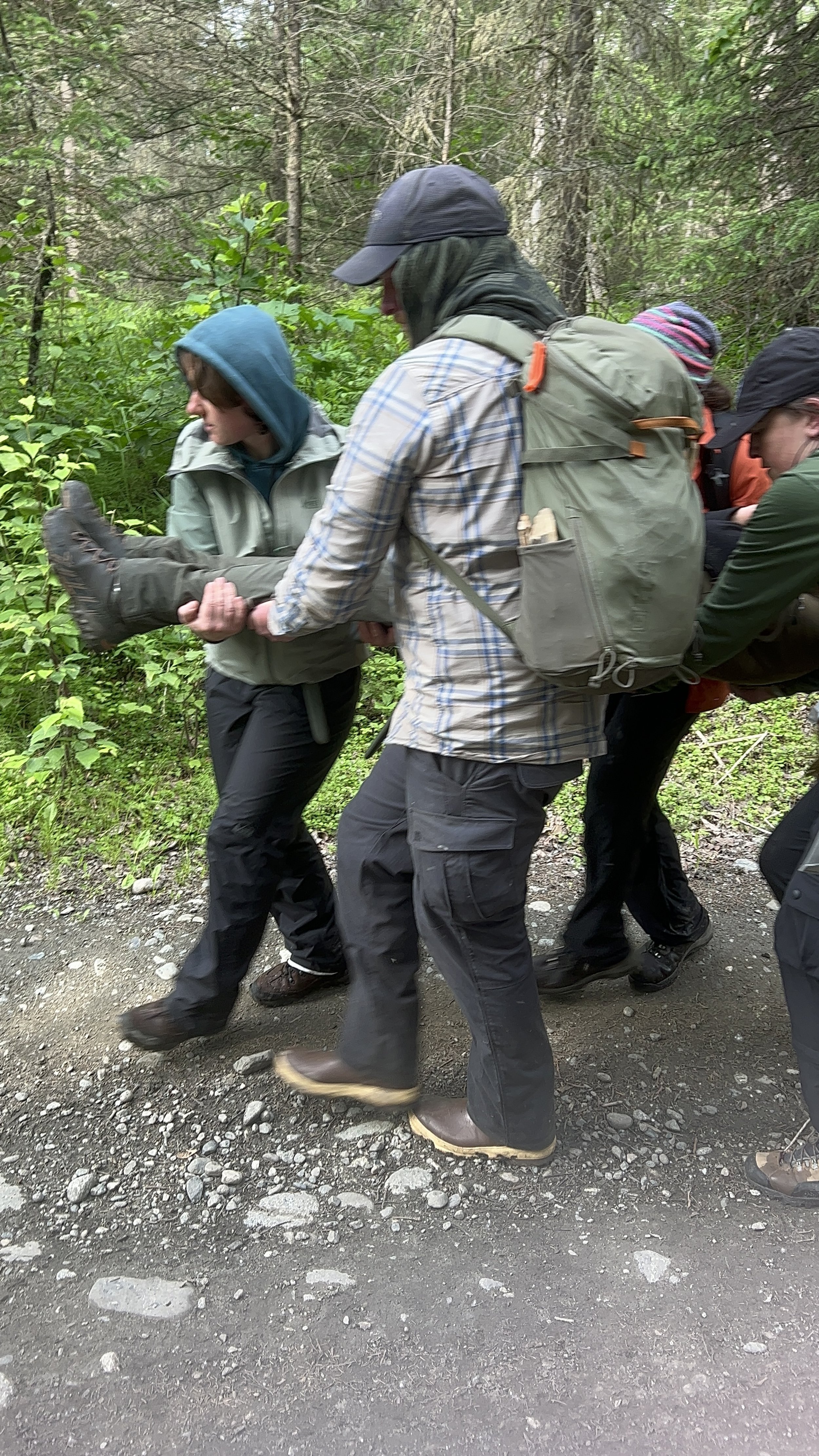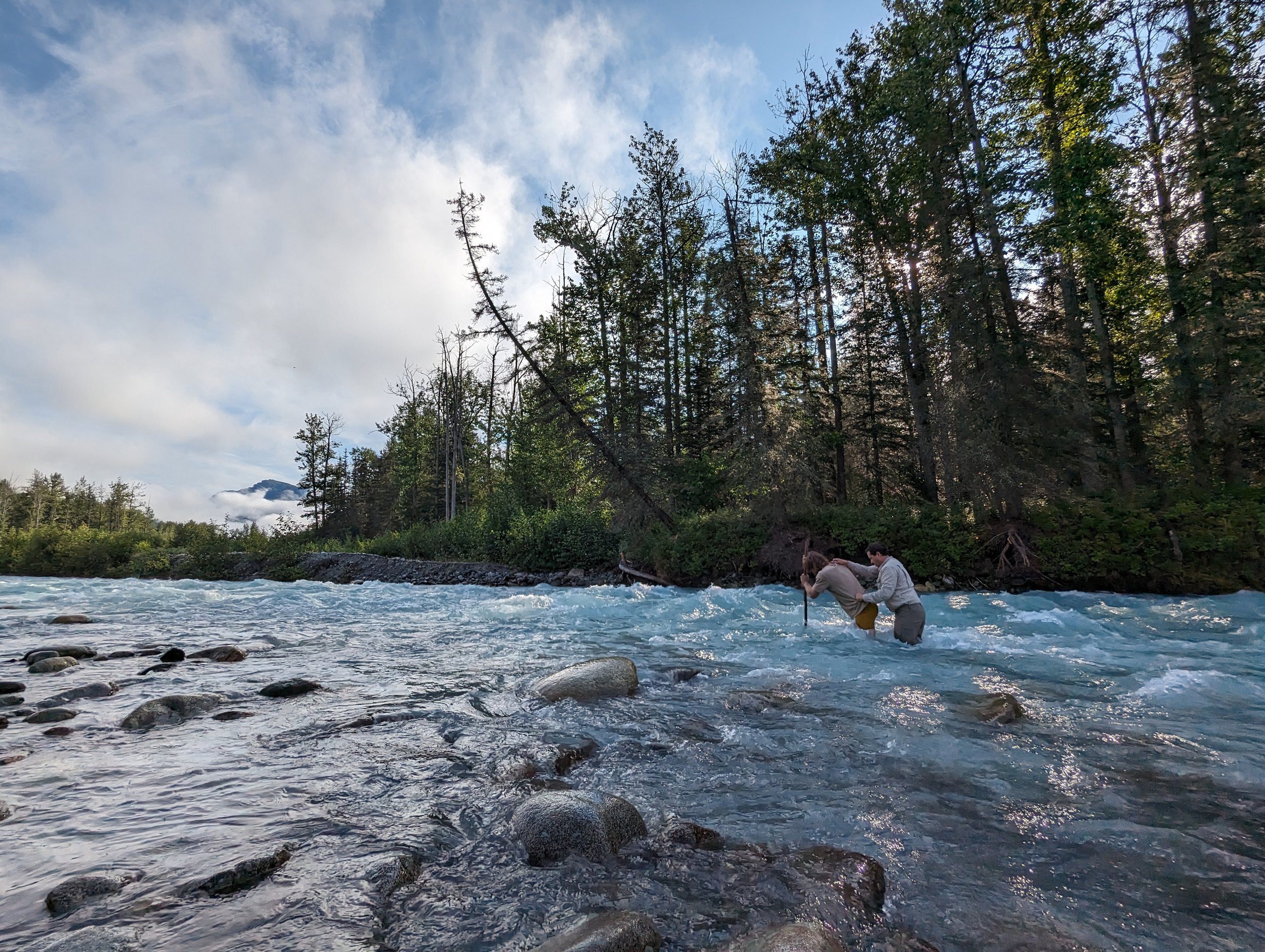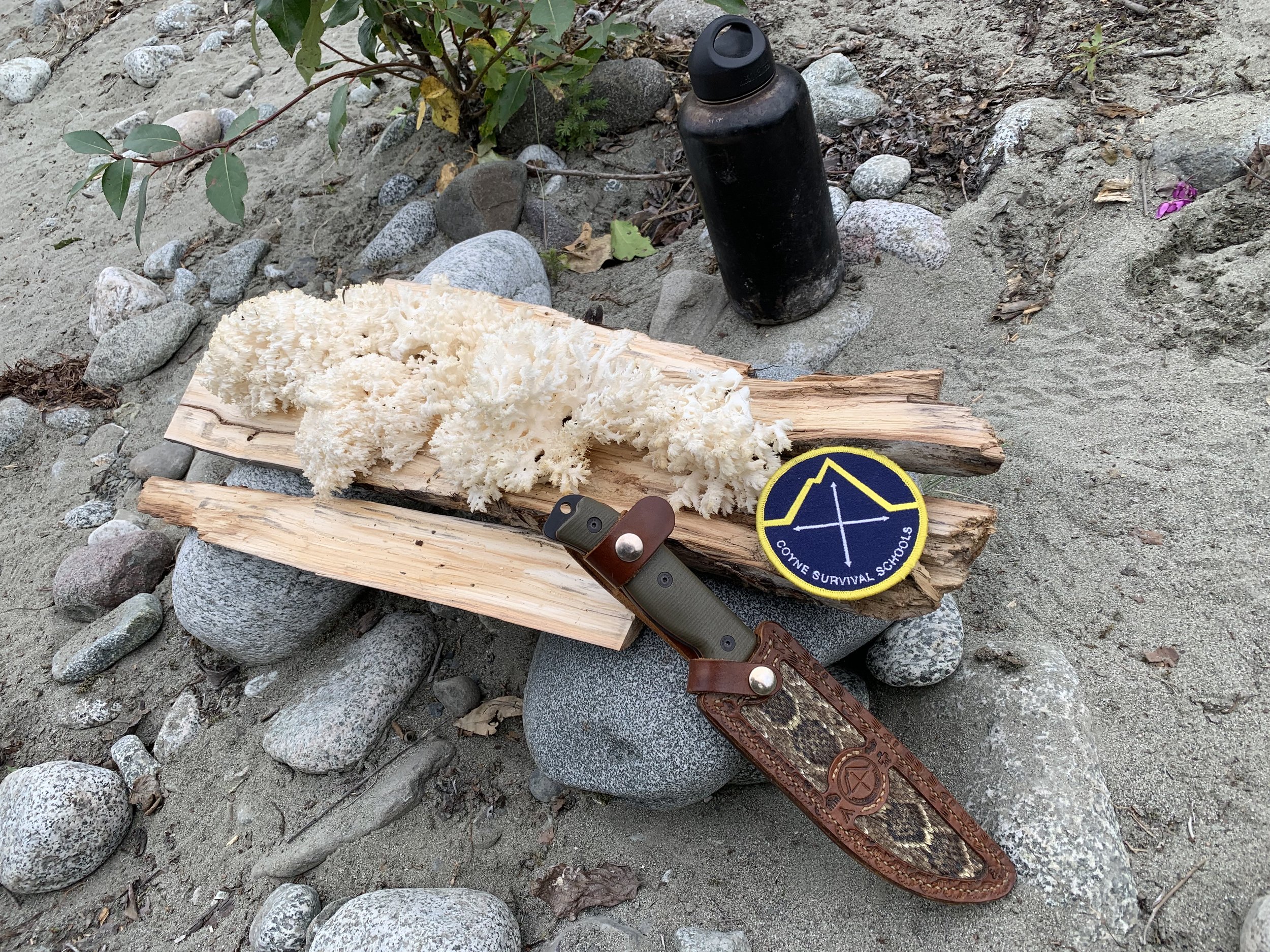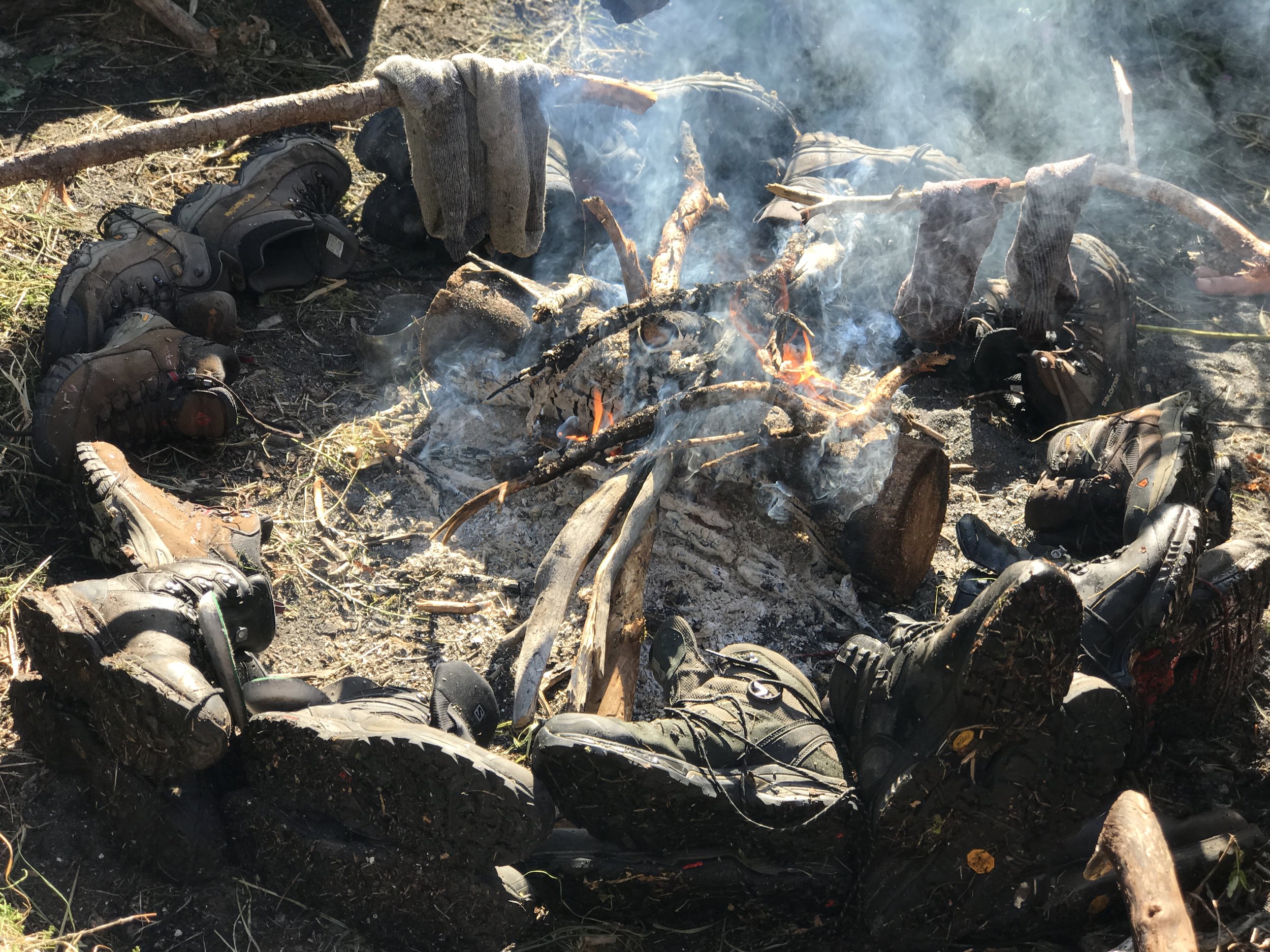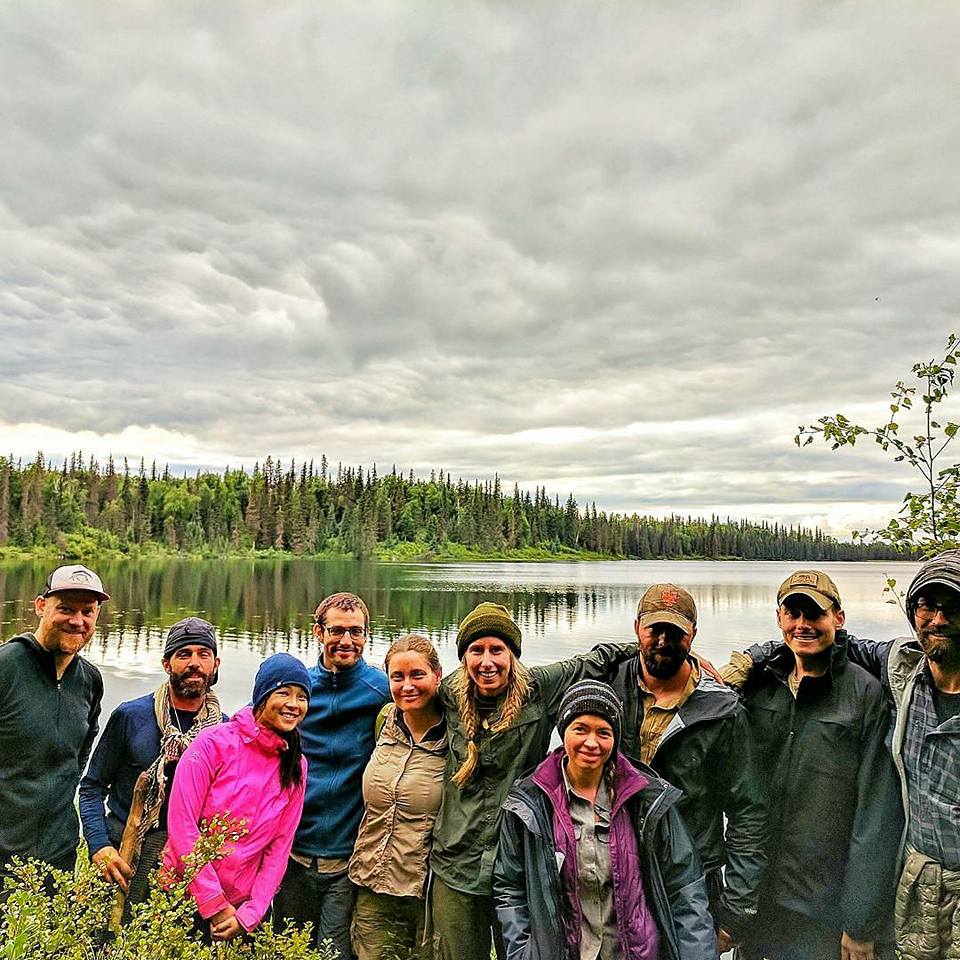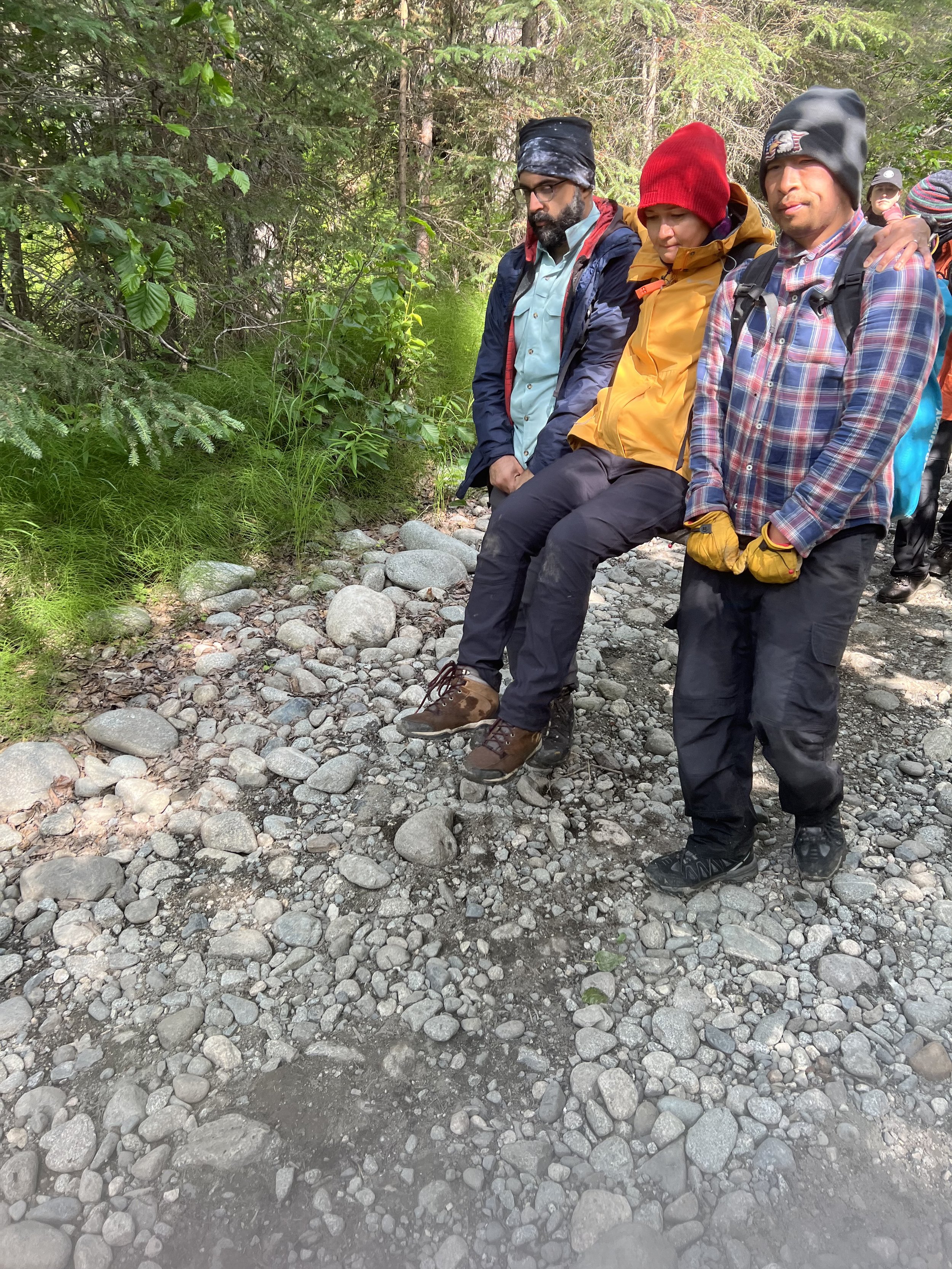"You safely and successfully trained personnel with various experience and operational backgrounds while far off trail and with only natural resources. Your attention to detail and proficiency allowed for all of the students to successfully complete the course"
-Commanding Officer, Marine Corps Mountain Warfare Training Center, 2013
Course Overview: The Ultimate Survival Course
Our annual Alaska Field field training courses will follow the same minimalist theme as our renowned courses in California. At times students will only carry a knife, a water bottle, and a 3' length of cordage.
There is no course like this available today. We are the nation's only year round/all-weather field school, and only Alaska field course. This is not "survival camp". It is extremely challenging and some students WILL quit. Expect to suffer. Challenge yourself in a real and fundamental way. Train to survive.
Course Goals
The purpose of these courses is to train the student to be able to survive a wide array of outdoor emergencies, and allow them to test their skills while being fully immersed in a rugged/austere outdoor environment. There will be suffering, it will challenge every bit of you both physically and mentally, but suffering is not the point of the course- it is a feature. Some students will quit, but it is what is going on inside their brain- not their body- that causes them to do so. Training will be diverse and intensive. Successful students will walk away with a greater sense of outdoor & emergency competence, and awareness of human perseverance. This kind of training is not for everyone.
Course Curriculum
Students will receive one day of introductory training at a wilderness base camp, and then spend the remaining nights in the Alaskan forest.
There will be no outside food or water, only what the land provides. No blankets or man made shelter materials are brought- students will sleep by a reflective fire made with sticks for warmth and live off of the land.
Once in the field students will reside in primitive shelters or under the stars for the duration of the course. Travel will be anywhere from 7 miles a day to none while we train at camp.
There may be an isolation phase.
Cover the survival essentials; gathering wild foods, water purification, fire making, emergency shelter production, medicine/first-aid needs, and emergency signaling- all in the field.
Attempt to catch and process fish.
Learn to form the tools needed for daily life from what the environment provides.
As these courses are intended to develop outdoor competence, students will train in wilderness first aid.
The rest of the course curriculum will be discovered out on the ground. Learn to be ready for the unexpected.
The final course day is recovery day.
Logistics
Price
$2050 Per person
2024 Dates
August 3-9, 2024
Upon booking you will automatically receive a receipt. This receipt contains a link to download all of your course attendance info, including gear requirements, travel directions, and more.
What to bring:
You receive your course knife upon arrival at no charge
An unlined food-grade stainless steel water bottle ("Kleen Kanteen" brand bottles work great, larger the better)
-Day pack (20-35L)
-Warm thermals
-Rain suit (jacket & pants)
-Hiking boots. Absolutely NO shoes/low-top footwear. Waterproof is best, as it can always rain in Alaska.
-You must purchase a 7 day or longer Alaska Sport Fishing License
-Two pairs of socks are allowed, as well as a beanie and work gloves.
Check Out Our Gear Page For Tips
Travel:
Nearest international airport: Anchorage, Alaska. We offer free pick up and drop off from Anchorage to the training location.
We pick up at the Anchorage Visitors Center 8am the day of the course. We drop off at the same location on the final day. We strongly recommend not booking a return flight home, for any time before 7 pm on the final day (if you do intend to depart Alaska on the same day that the course ends).
Our Safety Precautions
Instructors carry:
*Full wilderness first aid and trauma kits
*An all-weather gps emergency locator beacon
*Bear Mace
*Students are fully briefed on dangerous wildlife encounters (brown bears, black bears, and moose)
*Students are given a whistle to signal others with
